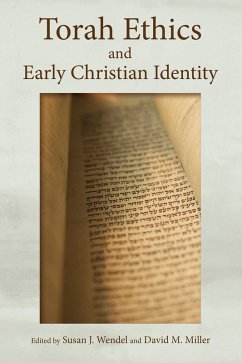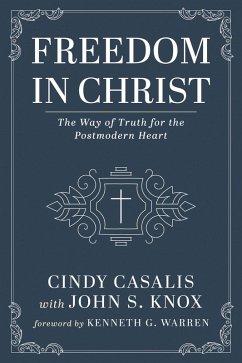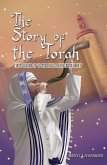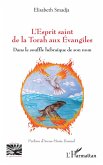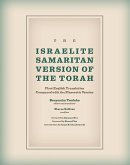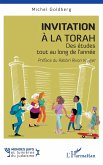Explores the relationship between the Mosaic law and early Christian ethics In this volume thirteen respected scholars explore the relationship between the Mosaic law and early Christian ethics, examining early Christian appropriation of the Torah and looking at ways in which the law continued to serve as an ethical reference point for Christ-believers - whether or not they thought Torah observance was essential. These noteworthy essays compare differences in interpretation and application of the law between Christians and non-Christian Jews; investigate ways in which Torah-inspired ethical practices helped Christ-believing communities articulate their distinct identities and social responsibilities; and look at how presentations of the law in early Christian literature might inform Christian social and ethical practices today. Posing a unified set of questions to a diverse range of texts, Torah Ethics and Early Christian Identity will stimulate new thinking about a complex phenomenon commonly overlooked by scholars and church leaders alike.
Bitte wählen Sie Ihr Anliegen aus.
Rechnungen
Retourenschein anfordern
Bestellstatus
Storno

